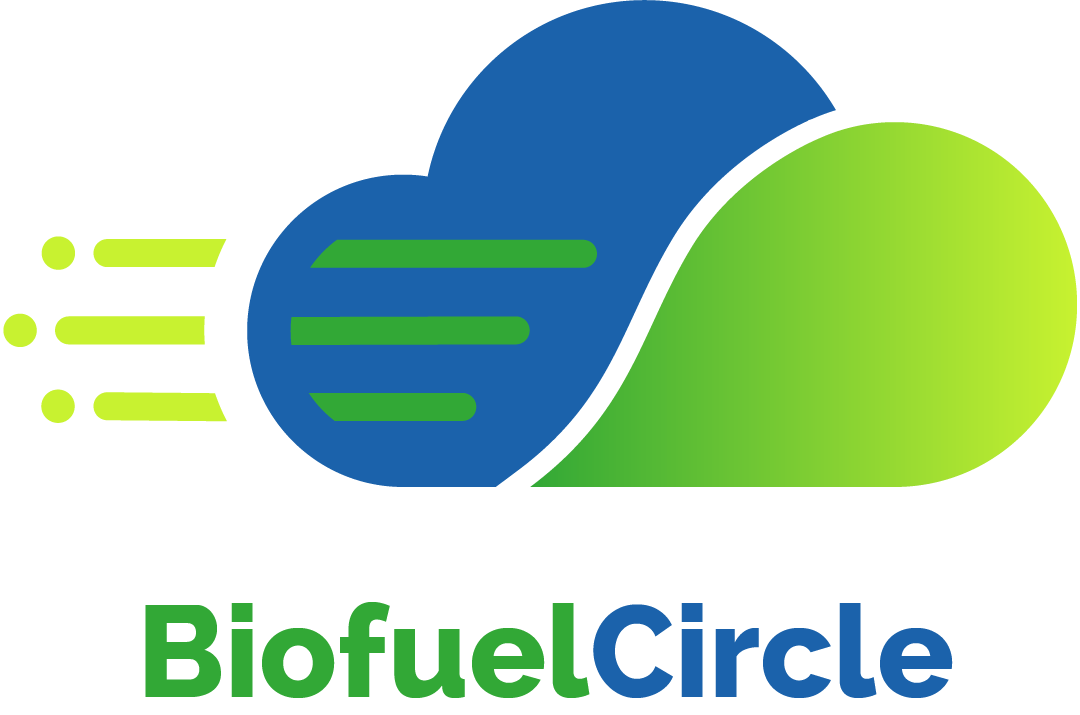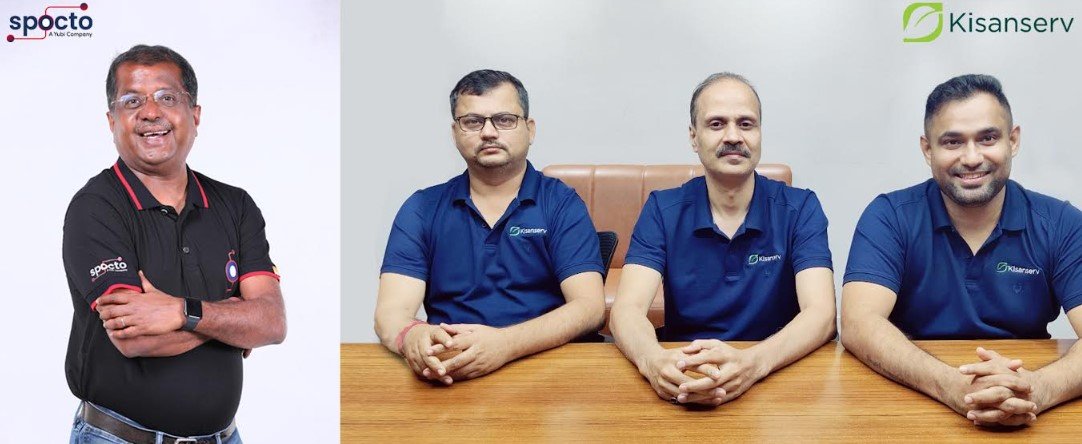Best Agrolife, Fourth Partner Energy collaborates to harness solar energy in UP
With this implementation, Best Agrolife anticipates annual savings of 33 per cent per unit on electricity costs while achieving a reduction of over 4 thousand tonnes in carbon emissions.
Best Agrolife Ltd (BAL), India’s leading agrochemical pesticide manufacturer, has entered into a PPA and SHA for supply of 3 MW solar energy from a plant in Uttar Pradesh. The electricity generated from this plant will be used to power its manufacturing unit in Gajraula. The company has collaborated with Fourth Partner Energy, a renowned renewable energy solutions provider, to procure this solar energy from its 15 MW solar park in Shahjahanpur.
“We at ‘BEST’ are focused on sustainability as it presents opportunities to innovate & develop new products and processes that are both sustainable and profitable. A company with a strong, sustainable ethos has been committed to develop cleaner, greener and more efficient production processes. We have implemented strict safety protocols to ensure safety of workers and local communities besides establishing a rainwater harvesting system in all our units.
This agreement with Clean Energy for the usage of green solar power brings us closer to achieving our energy transition goals. We are actively considering implementing solar energy solutions in other manufacturing facilities across India. We are delighted to partner with Fourth Partner Energy to expedite our sustainability objectives, given their expertise in renewable energy solutions and commendable track record in project execution and asset management,” said Pramod Narayan Karlekar, MD, Best Crop Science Pvt Ltd.
Commending Best Agrolife for its focus on clean energy transition, Kushal Mamgain, Lead for Open Access Projects – Uttar Pradesh at Fourth Partner Energy, remarked, “We are thrilled to collaborate with Best Agrolife in Uttar Pradesh. Companies like Best Agrolife are setting a remarkable example for other businesses in India by leading the country’s decarbonization efforts. We look forward to solarising their manufacturing units throughout the country.”
Best Agrolife’s Gajraula pesticide manufacturing plant spans 14 acres and features a 25,000 sq ft warehouse. Currently operating at a capacity of 7,000 MT annually, the facility has additional land measuring up to 100,000 sq ft for future expansion. With the implementation of the 3 MW solar plant, Best Agrolife anticipates annual savings of 33 per cent per unit on electricity costs while achieving a reduction of over 4 thousand tonnes in carbon emissions.
By integrating renewable energy into its portfolio, Best Agrolife Ltd sets a remarkable example for other organizations, demonstrating economic growth and environmental responsibility can go hand in hand. This strategic move highlights their proactive stance in embracing clean energy solutions. It reinforces its position as an industry leader in sustainable practices helping the nation reduce its carbon footprints while helping it to achieve its Net Zero goals.
As a state, Uttar Pradesh boasts a well-developed renewables market driven by progressive Open Access regulations and a substantial demand from commercial and industrial enterprises seeking to minimize their carbon footprint.
With this implementation, Best Agrolife anticipates annual














